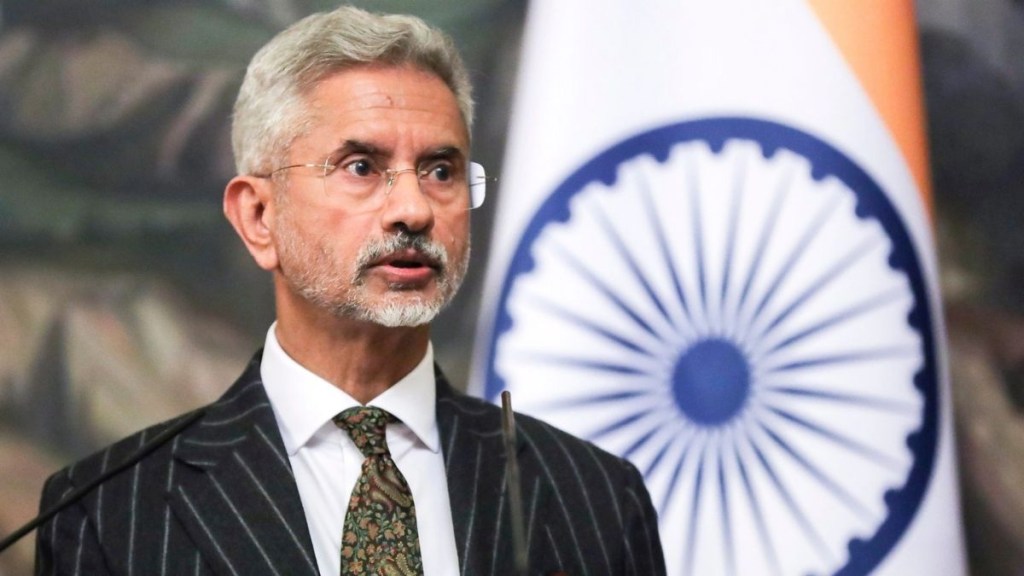In the midst of ongoing regional tensions, the discussions between External Affairs Minister S Jaishankar and his Malaysian counterpart Zambry Abdul Kadir will primarily revolve around the pressing security challenges in the Indo-Pacific and Indian Ocean Region. Scheduled for November 6-7, the visit of the Foreign Minister of Malaysia, at the invitation of Minister Jaishankar, marks a significant diplomatic engagement. The highlight of this visit is the 6th India-Malaysia Joint Commission Meeting (JCM), slated for November 7 in the capital, New Delhi.
The central focus of these discussions is expected to be on strategies to strengthen defence and strategic partnerships. The timing of these talks assumes particular significance given the backdrop of China’s assertive behaviour in the Indo-Pacific and the Indian Ocean Region (IOR). Notably, Malaysia plays a crucial role in India’s approach to managing security challenges in the Indian Ocean, as control of the Strait of Malaya is integral to controlling this vital waterway. New Delhi, in turn, regards its relations with Kuala Lumpur as a pivotal aspect of its Act East Policy. Malaysia also recognizes the geopolitical and economic significance of its ties with India.
One notable aspect of Malaysia’s stance in recent times has been its rejection of China’s territorial claims, most notably the dismissal of China’s proposed “national map.” This position aligns with India’s, as well as those of the Philippines, Taiwan, and Vietnam, who have expressed concerns about the map’s encroachment on their territorial claims. Malaysia has categorically stated that the map holds no binding authority over its territory, labelling it a “provocation.”
The timing of this visit is noteworthy, taking place amidst ongoing conflicts in other parts of the world, including the Russia-Ukraine and Israel-Hamas wars. The Joint Commission meeting carries substantial importance, as it provides an opportunity to assess the progress of the Enhanced Strategic Partnership across various domains. These include politics, defence, security, economics, tourism, trade, investment, health, science and technology, culture, and people-to-people ties.
According to the official statement from the Ministry of External Affairs, the discussions will also encompass regional and multilateral issues of mutual interest. The visit offers a comprehensive review of bilateral relations and an exploration of avenues to further enhance and strengthen these ties.
During the visit, the Malaysian minister will also meet with the Vice President of India, adding another layer of significance to this diplomatic engagement.
Prior engagements earlier this year have underscored the shared commitment of both nations to advancing peace and security in the Indo-Pacific. This has included visits by Minister of State for External Affairs V. Muraleedharan to Kuala Lumpur and Defence Minister Rajnath Singh’s visit. These engagements have been firmly focused on expanding defence relationships, maximizing the utility of existing mechanisms, and enhancing industrial cooperation between the two nations.
“The forthcoming India-Malaysia talks are taking place against the backdrop of a changing and complex geopolitical landscape. As both nations face security challenges in the Indo-Pacific and the IOR, their discussions are set to provide insights into the evolving dynamics of the region,” opined a former diplomat. These talks will not only strengthen bilateral relations but also contribute to regional stability in a crucial part of the world.
